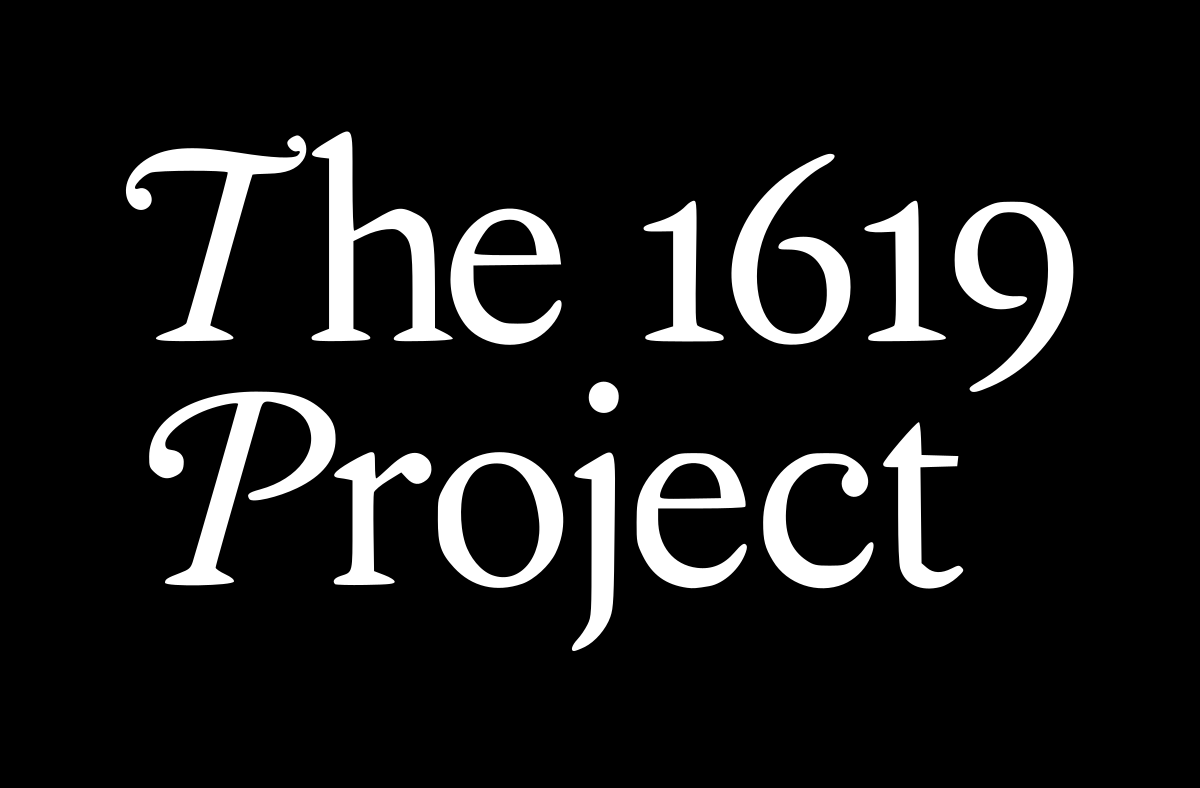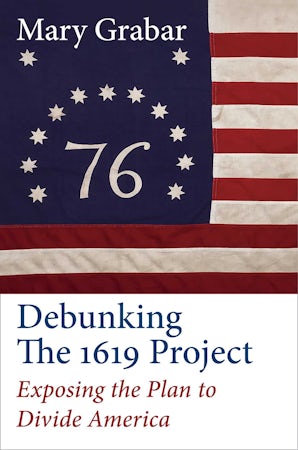odanny
Diamond Member
This 3 hour episode aired last night on ABC. I watched the first half of this last night and was very impressed, from the archive footage, to the overturning of the Voting Rights law by a conservative Supreme Court, to gerrymandering, to the fight for civil rights, this is not a finger pointing, accusatory series, but instead is a measured, fact based review of the struggle black Americans have faced since their arrival in this country. I'm looking forward to the watching the 2nd half of this and highly recommend it.
I believe if you have Hulu then there is a much more in depth, 6 hour version available.
%7C(0%2C0%2C0%2C0)%7C(0%2C600)%7C(0%2C240)%22%7D%2C%7B%22overlay%22%3A%7B%22position%22%3A%22SouthEast%7C(30%2C30)%22%2C%22operations%22%3A%5B%7B%22image%22%3A%22image_manager%7C396a2bc0-d486-486c-a92c-71623f63756a%22%7D%2C%7B%22resize%22%3A%22204x204%7Cmax%22%7D%2C%7B%22extent%22%3A%22204x204%22%7D%5D%7D%7D%2C%5D)
 www.hulu.com
www.hulu.com
I believe if you have Hulu then there is a much more in depth, 6 hour version available.
%7C(0%2C0%2C0%2C0)%7C(0%2C600)%7C(0%2C240)%22%7D%2C%7B%22overlay%22%3A%7B%22position%22%3A%22SouthEast%7C(30%2C30)%22%2C%22operations%22%3A%5B%7B%22image%22%3A%22image_manager%7C396a2bc0-d486-486c-a92c-71623f63756a%22%7D%2C%7B%22resize%22%3A%22204x204%7Cmax%22%7D%2C%7B%22extent%22%3A%22204x204%22%7D%5D%7D%7D%2C%5D)
https://www.hulu.com/series/the-1619-project-7ba3407a-299c-4a10-8310-bbcdd6ab4653
Hulu’s six-part 1619 Docuseries is an expansion of “The 1619 Project” created by Pulitzer Prize-winning journalist Nikole Hannah-Jones and the New York Times Magazine. The series seeks to reframe the country’s history by placing the consequences of slavery and the contributions of Black...


